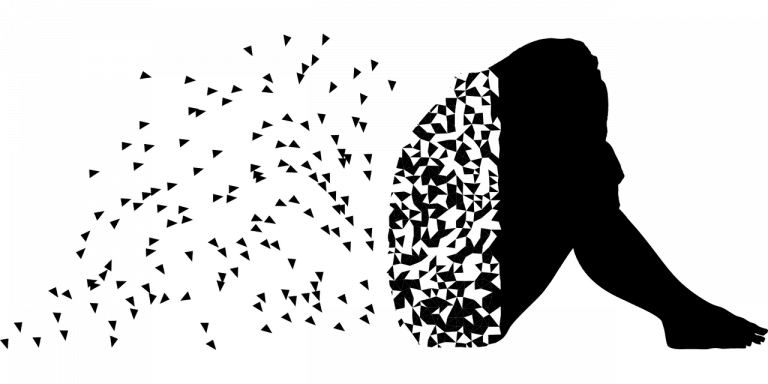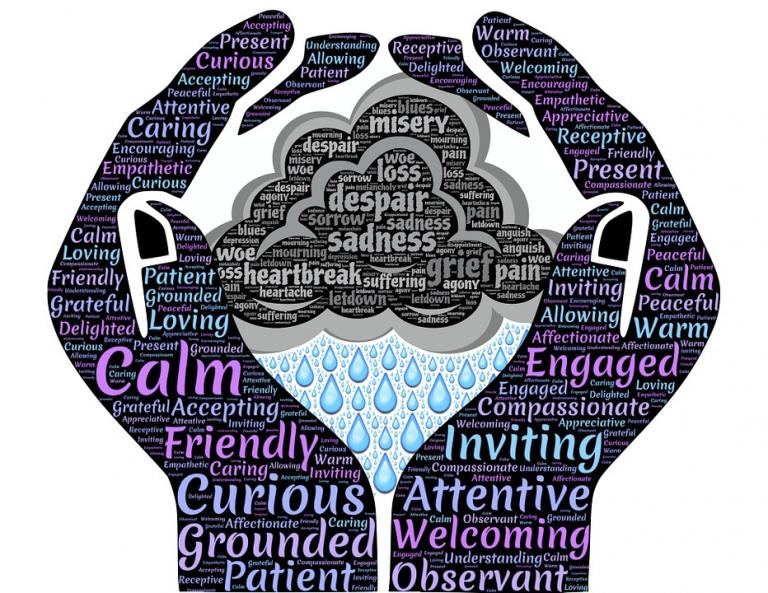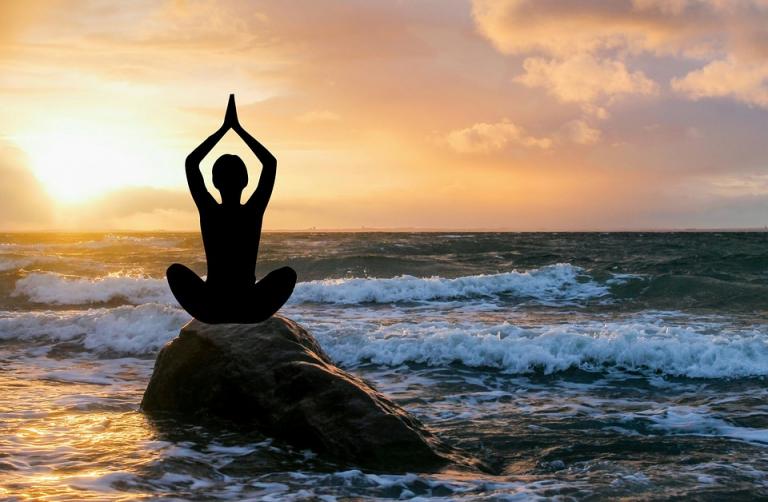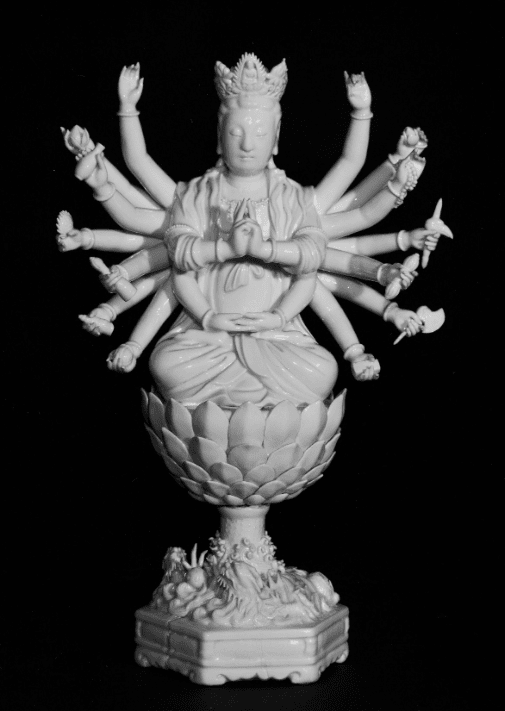I’ve been doing some reading lately on secondary traumatic stress and vicarious trauma, specifically from the angle of compassion fatigue. Up to recently, secondary traumatic stress has been something experienced mostly by first responders or mental health professionals. They experience the trauma second-hand, and then take that home and live with some of the same symptoms of PTSD that a survivor would. Vicarious trauma is more indirect, but similar. With loosening restrictions on what can be broadcast on air, the world in our pockets in the form of unfiltered internet interactions, and more visceral awareness of trauma in general I think this is starting to affect all of us in a big way. This was an article I found really thought provoking, by Kristy Aspinwall, a professional focusing on this in the mental health field.

I think we all brush up against this. Do you ever just want to care about the horrific things you’re seeing, but cannot get worked up about it today? Or how about that friend going through the hard time and you want to reach out and be there, but the idea of holding the space for them just fills you with dread? In previous years you had more to give. The longer the inundation continues, the less compassion we have to offer because it’s simply been all used up!
Another aspect to this is our Work when we Heal, Priestess, Hold Space, or any other word for what we do when we sit with someone, witness their pain or trauma, and provide them a container. It isn’t our pain or trauma, but it may trigger answering pain in ourselves from our experiences and, even if we don’t have anything similar in our lives, just sitting with someone while they process is incredibly difficult. As pagans, most of us believe we are literally absorbing the physical sensations of someone else’s stories and experiences, in this way.

Here are some other resources I found relating specifically to spirituality and this topic:
- Secondary and Vicarious Trauma: Implications for Faith and Clinical Practice
- Spirituality and Religion as Mitigating Factors in Compassion Fatigue among Trauma Therapists in Romania
- Secondary Traumatic Stress, Compassion Fatigue, and Counselor Spirituality: Implications for Counselors Working with Trauma
There is something to be said for spirituality buffering compassion fatigue. If you believe it’s all done according to a greater plan, then you’re not too upset or worried because it’s all happening for a reason. If you can identify meaning in something, even something terrible, it becomes less stressful. Often we talk about reframing the narrative. Spiritual beliefs can inform how you frame the experience in the first place, without the need to reframe.
That’s not to say our spirituality is a foolproof way to shield ourselves against compassion stress. We may be more resilient than we would be without our spirituality but eventually it catches up. I’m thinking that lack of awareness around this concept, or perhaps not knowing what to call this feeling, can lead to even more fatigue and stress when we are told we should care and be there for people, but can’t.
What are some practices you can do to disengage from the trauma, either in the day-to-day experience of this world or in a more direct fashion when interacting with someone one-on-one? Or strategies to avoid becoming overloaded in the first place?

The obvious one is to log off the internet and turn off the news. Many of us find solace in nature, getting outside, and unplugging from it all. Some don’t, though, or can’t. Meditation and mindfulness are excellent practices to cultivate as we try to take a step back from the trauma of the world, and they don’t need to take more than a few minutes each day.
Another big one, for theists especially, is prayer. Pray to your patron deity. Form a relationship with a deity known for compassion like Guanyin (Kwan Im, Kuan Im, etc.) or Eleos.
Some of the fatigue comes from overloading ourselves. You can’t be everything to everyone. Know your boundaries! Know when you’re at your limit (or even preferably before, so you save something for yourself!), and then choose not to hold space for anyone else at the moment. Gently let that person know that this is for you, not at all about them or your regard for them, and offer them other resources.

I also think it’s incredibly important to have someone (or several someones) YOU can go to when you’re feeling this type of stress. Perhaps a mentor or a buddy, but someone that fills you up like you fill them up. Ask for help when you need it. Seek out that balance in your life, and in your relationships.
I’d love to hear your suggestions and practices. What are you doing to offset this? What are your thoughts on the topic, in general?

















